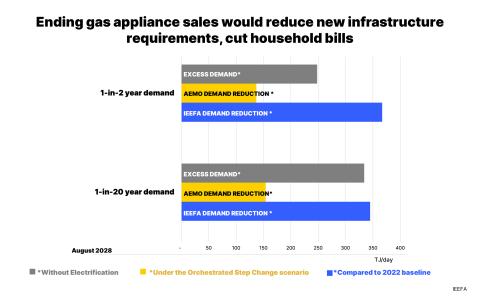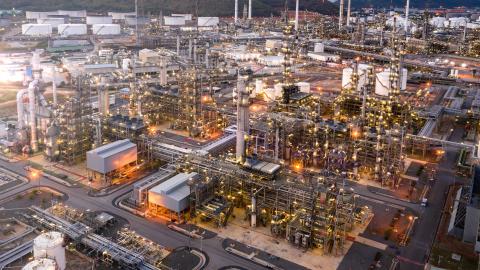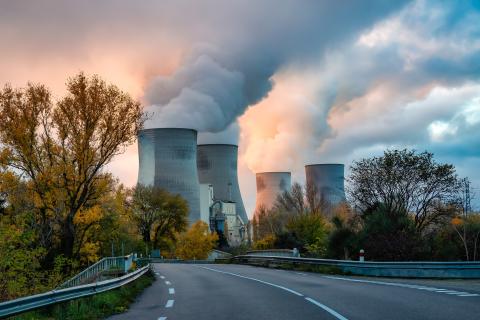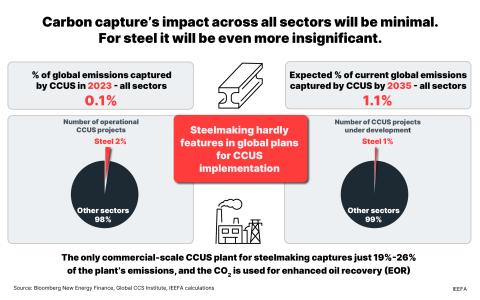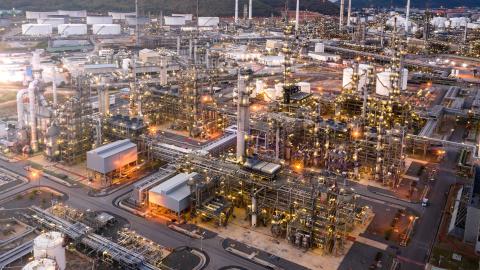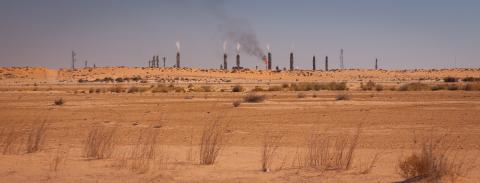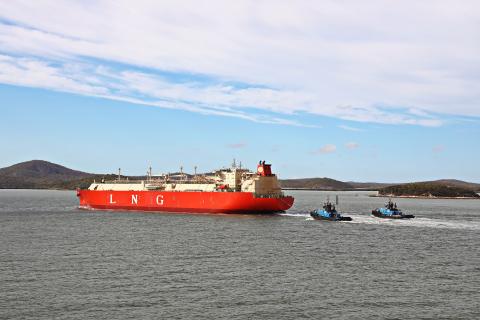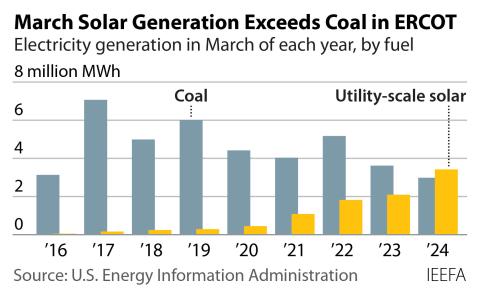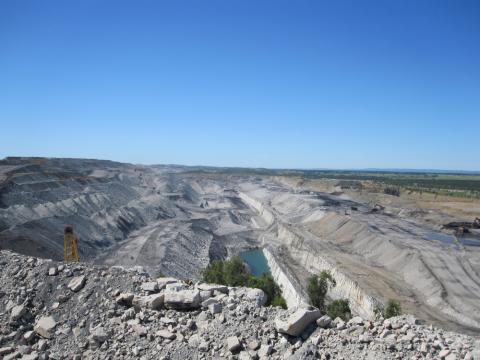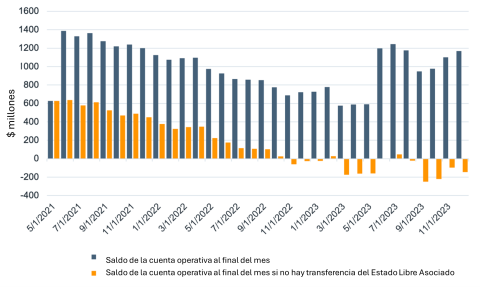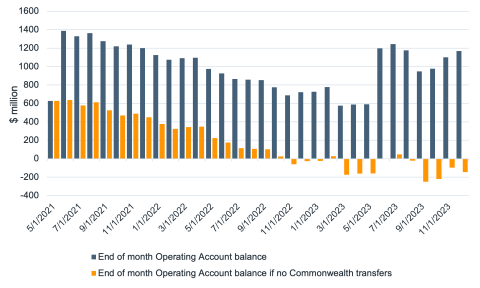Elections Have Consequences: Adani’s Big Australian Coal Project Is on the Ropes
Elections have consequences, and the rout suffered by the Conservative party over the weekend in northern Australia spells trouble for Adani, the Indian mining firm that was counting so heavily on public subsidies for build-out of what would have been the country’s biggest coal operation.
The Labor party’s surprise takeover of the 89-member Queensland state assembly—after having gone into the election with just 9 seats—means in all likelihood that Adani has lost the taxpayer largesse it had taken for granted on its misguided $16 billion proposal to develop the Galilee Basin for coal export.
Adani was facing profound challenges to its scheme already, as IEEFA outlined in a report published this past fall, “The Outlook for Financing for Australia’s Galilee Basin Coal Proposals.”
Here’s what we said then:
“Reaching financial close is an increasingly difficult hurdle due to the rapid deterioration of coal project profitability globally following a halving of coal prices since 2011. The increased probability of a structural decline in thermal coal demand raises the financial risks involved.”
“The Galilee coal project proposals are highly unlikely to proceed without the support of the four Australian bank majors, plus some of the nine leading global investment banks. Export-Import banks like the Korean Export-Import Bank could be material players, given that their focus is more risk-tolerant towards greenfield projects, but even export-import banks will be involved only if there is a clear strategic national benefit.”
“Our research suggests financial close for coal-industry development of the Galilee Basin remains a long way off.”
After this past Saturday’s election, that elusive financial close is more distant than ever.
The incoming Queensland government will be called upon to examine how lavish promises by way of enormous public subsidies were made to Adani to begin with. It will be pressed to find out why public support was sworn by Conservative leaders in the face of conventional economics and in the face of ongoing analysis by us—and many others—that showed the proposal commercially unbankable.
One important plank in the incoming government’s platform is its commitment to saving the Great Barrier Reef, a goal that simply rules out what Adani has in mind. The Labor party has stated explicit opposition to the dumping of dredge spoil within the Great Barrier Reef World Heritage Area or onto the Caley Valley wetlands, to any dredging at all ahead of financial close on the project, to any policy that ignores climate-change issues, and to spending taxpayer money to build the infrastructure Adani would need to pull off its fantastical proposal.
The election result, to put it bluntly, turns up the heat on Adani and its proponents by amplifying key questions of financial viability and strategic logic in the face of the structural decline of seaborne thermal coal markets.
Adani executives have reacted with tone-deaf denial, issuing a statement that said the company is “committed to proceeding with its mine, rail and port projects that are key to opening up the Galilee Basin.”
But continuing with the project would only be an affront to Australia’s national interests—and to the policy position on climate change of many of Australia’s major trading partners. Among those partners is Korea, which only last month launched its national emission-trading plan; India, which has committed to a $100 billion renewable-energy program over the next five years; and China and the U.S., which in November agreed to a historic joint effort to systemically reduce emissions.
It’s in the best interest now of everyone for Adani to face the reality of evolving energy markets and to abandon its outdated Galilee Basin ambition.
Tim Buckley is IEEFA’s director of energy finance studies, Australasia.


